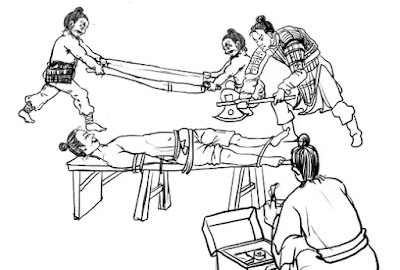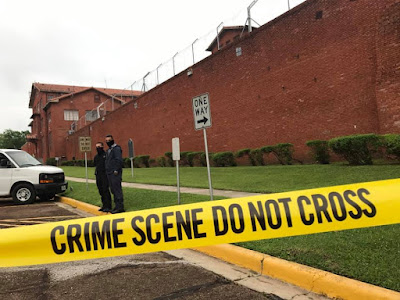 |
| Saman Naseem |
Iran has halted the execution of Kurdish juvenile offender Saman Naseem following the outrage of right groups.
It is not yet clear why the execution was stopped and whether his death penalty has been overturned.
"We understand that the Office for the Implementation of Sentences told Saman's family that the execution did not take place this morning," Bahareh Davis, Amnesty International's researcher on Iran, told IBTimes UK.
"However, the authorities will not tell the family where Saman currently is being held and he has not been transferred back to the prison ward. We are trying to obtain further information now."
Mahmood Amiry-Moghaddam, spokesperson for NGO Iran Human Rights (IHR), said that the inmates at the Orumiyeh prison have not seen Naseem since he was transferred on Tuesday (18 February).
"Unofficial reports indicate that the sentence has not been implemented yet, but that he remains in great danger," Amiry-Moghaddam said.
Naseem, now 22, was arrested and was sentenced to death after being charged with "enmity against God" and "corruption on earth" when he was 17. The execution by hanging was scheduled for Thursday.
Naseem was arrested after a gun battle between the Revolutionary Guards and Kurdish militant organisation PJAK, of which he is believed to be a member, took place in Sardasht.
He was then reportedly forced to make a confession, aired on national TV, in which he admitted to having fired towards the guards. However, he retracted his confession during the 1st court session in which he said he had only fired in the air.
Naseem was first charged and sentenced to death in January 2012, but the country's Supreme Court overturned the sentence and sent the case back for a retrial, arguing that he had been under the age of 18 at the time of the alleged crimes.
He then was tried and sentenced to death again.
"International pressure is an important factor especially now that Iran is trying to improve its relations with the West, continued Amiry-Moghaddam. "If the political 'costs' of Saman's execution become high enough, the Iranian authorities will have to back off.
"Now is time to show that also the human rights can benefit from these dialogues and improvement in the relations. Every single individual in the free part of the world can contribute in making a difference. I hope everybody continues the campaign to save Saman."
Execution in breach of domestic and international law
The EU issued a statement on Wednesday (18 February) urging Iranian authorities to "abide by international laws under which the execution of juvenile offenders is a violation of international minimum standards, and not to carry out the execution of Mr Naseen or any other juvenile offender."
Amnesty International explained that Iran allows capital punishment for juveniles in case of qesas (retribution-in-kind) and hodoud (offences and punishments for which there are fixed penalties under Islamic law). However, article 91 of the Islamic Penal Code excludes the death penalty if the juvenile offender did not understand the nature of the crime or its consequences, or if there are doubts about the their mental capacity.
"Iran has willingly ratified treaties that oblige the country to not use the death penalty for individuals under the age of 18," Davis said.
"Saman Naseem was 17 at the time of the crime he was accused of, he should have never been sentenced to death. The authorities' treatment of his case is in breach of both international human rights law and Iran's domestic laws," she continued.
Source: International Business Times, February 19, 2015




.jpg)





